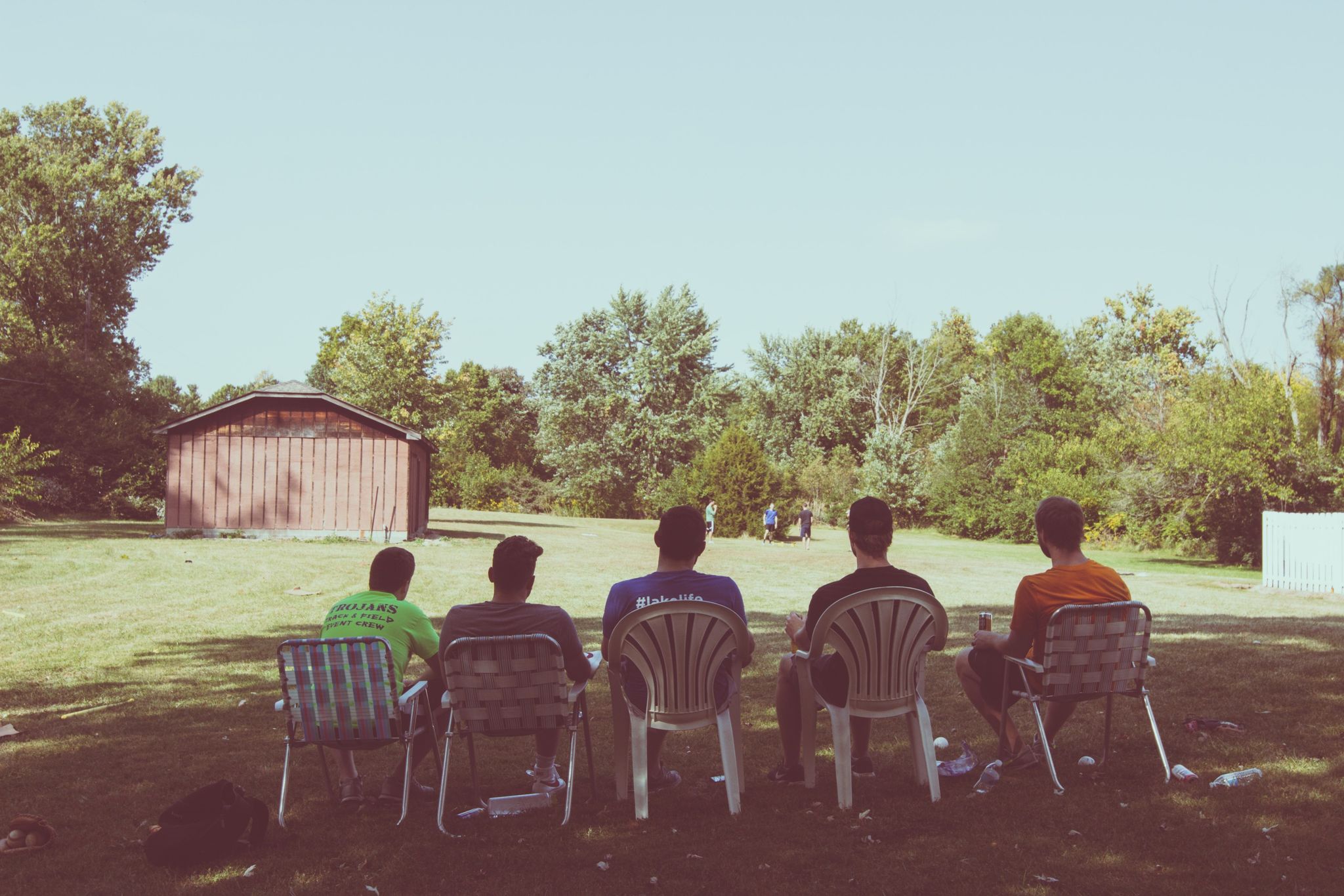By Izzy Lepone, Third Year, English
The Croft Magazine // Communal living is often idealised as a key aspect of university life; however, it can come with unexpected pitfalls. Here Izzy gives some useful tips for coping with shared accommodation when the rose-tinted view of sharing your space fades and things can become a little tense.
For most of us, a communal house share at university is our first experience of living away from family, without parents present to keep us in check. This sense of freedom is initially intoxicating; however, it can quickly disintegrate under piles of dirty dishes and the resulting arguments over whose responsibility it is to wash them. Whilst communal living takes some adjusting, it is an undeniably entertaining and enjoyable experience. It is also a time to make the most of, hopefully without mess and the unwelcome intrusion of surprise house guests (such as unwanted pet mice!). So, to create the most comfortable living experience possible, there are a few tips you might find useful.
Make a chores rota
The idea of a ‘chores rota’ may trigger flashbacks to childhood and parental threats to cut you off financially from your 50p-per-week lifeline if you didn’t set the table. However, they are perfect for a uni house, providing a way to ensure that everyone is pulling their weight with cleaning.
Living amongst constant mess is draining, causing us to feel stressed and sometimes downcast. Granted, it is difficult to maintain a constantly clean-living area in a house of many people, each with different hygiene standards. However, incorporating some form of structure such as a rota will see that everyone is contributing fairly, whether that be towards doing dishes or taking out the bins. Even though sending passive-aggressive messages on your house group chat may feel good in the heat of the moment, a rota will keep everyone happy and reduce petty conflicts, leaving more time for social activity and relaxation in communal areas.

Invest in earplugs
The constant company of communal living is uplifting and makes for great nights out or cosy nights in together. However, it also means there is rarely a quiet moment. With different people coming and going at various times (sometimes during the early hours of the morning), it is inevitable that drunken singing and stamping will wake others up.
We are all guilty of this crime at some point, so the sooner we accept it as unavoidable, the easier it becomes to live with. Remember, we are more sensitive to little things when tired, and shouting down the stairs at your housemates rarely helps the process of trying to go back to sleep (believe me). Instead, I suggest investing in some good-quality earplugs or noise-cancelling headphones. These will become your new best friends if your housemates return home rowdily during your quiet night in.
Prioritise self-care
If you are like me and appreciate your own space, it might help to allocate time during the day just for yourself. It is normal to become socially drained when living around people 24/7, so there is no shame in taking breaks from communal areas when you can tell some well-deserved downtime is needed. Recognising when you’re feeling burnt out and leaving a social situation to get an early night is something your future self will be grateful for during your 9 am the next day, despite the minor FOMO it might cause at the time.
It is easy to idealise the social aspect of communal living and overlook the reality: like all new ventures, it can be challenging at first. Feeling periodically tired or irritable is entirely normal and can only be expected amidst the various pressures of student life. This is why it is beneficial to practise good self-care and pick your battles about minor household inconveniences. Overall, communal living is a positive experience, allowing you and your housemates to create a solid support system to encourage each other throughout the year. Your housemates are only human and will also have bad days so it’s important to show them the same empathy you expect from them. During my time living in a group, I have learnt that it is ultimately a blessing to live with other people who can listen to and empathise with the difficulties of adapting to living away from home for the first time.
Featured Image: Zach Reiner
Have you struggled to acclimatise to shared living? Let us know!









